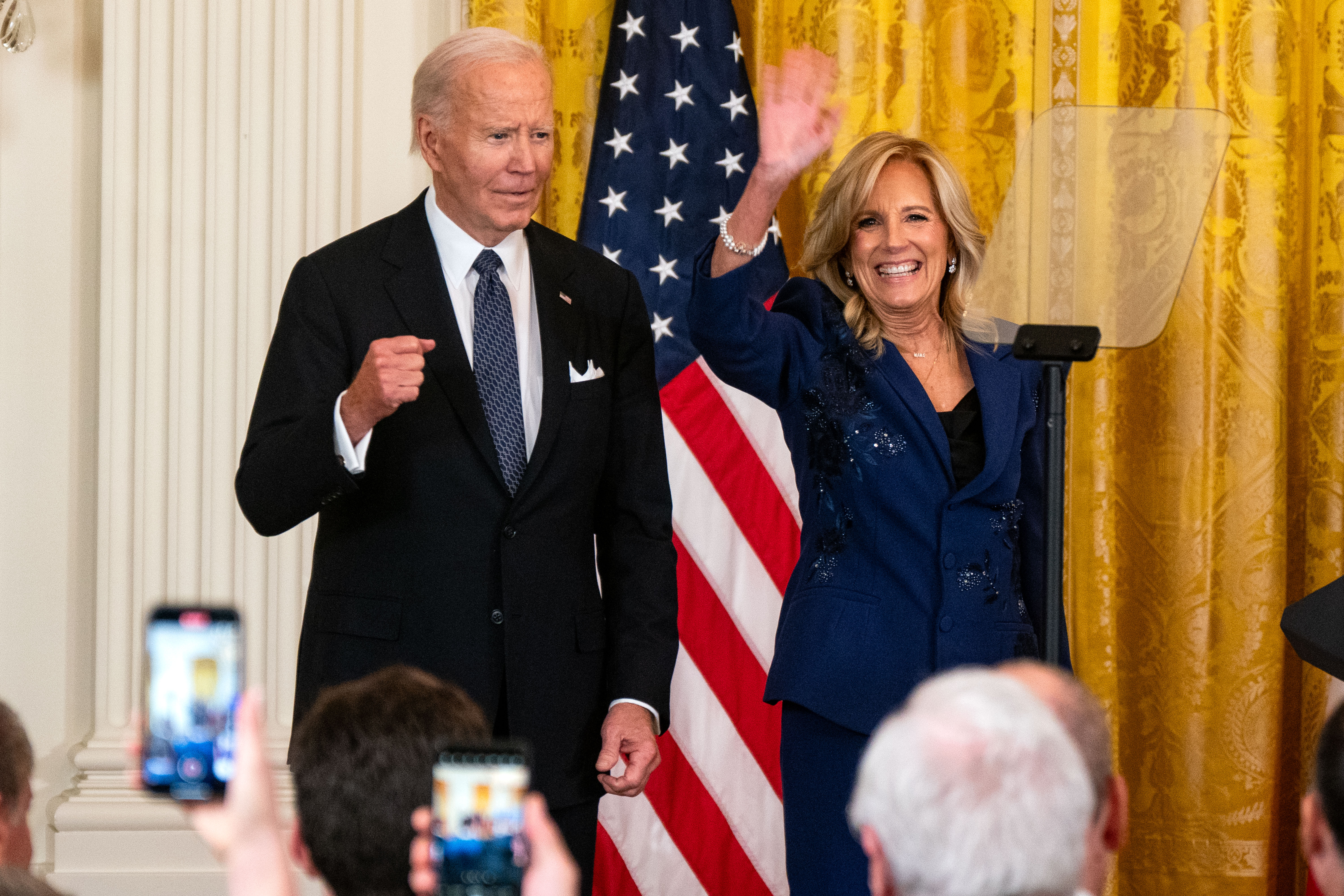Puerto Ricans on the island and in New York watched with great interest Tuesday as President Barack Obama made a historic visit to the commonwealth, saying they hope it nudges forward the issue of statehood.
Maria Martinez, raised in Passaic, N.J., and now living in Puerto Rico, wants it to become the 51st state.
"I want the Puerto Ricans to have the same privileges that the Puerto Ricans in the States have there. We want equality," she said.
Puerto Ricans are U.S. citizens but can't vote for Congress or the president. They receive some federal benefits but don't pay federal taxes. Gov. Luis Fortuno is pushing for another vote this year on whether Puerto Rico should remain a commonwealth or become a state.
Obama's trip there was the first official presidential visit since President John F. Kennedy in 1961.
More than 1 million Puerto Ricans live in the tri-state area, the highest concentration in the U.S.
In Spanish Harlem, Rene Santiago, 43, watched the president's speech on television. It was only about 15 minutes, but he said it was a good 15 minutes.
Local
"If I want Puerto Rico to go forward, not back," said Santiago, "it needs to be part of this country."
In his speech, Obama spoke about his commitment to including Puerto Rico in his administration's initiatives, such as the health care bill.
But Obama quickly turned to the decades-old debate about Puerto Rico's status. Obama reaffirmed his support for a referendum in which island voters would resolve the matter for themselves, saying that when Puerto Ricans make a clear decision, his administration will stand by them.
Santiago has lived in the U.S. for the past 13 years. Thanks to his American passport, which Puerto Rican islanders can hold, he said coming here was easy, and that he was able to find work.
But if he were back in Puerto Rico -- even in an independent Puerto Rico -- he said life would not be as easy.
"There's a lot of unemployment," he said. "If Puerto Rico's independent, they've got nothing. You depend on this nation. If you don't, it's not going to be the same."
The recession hit Puerto Rico harder than it did the mainland -- with the island's unemployment rate climbing up to 17 percent. As of April, the rate was 16.2 percent.
Jaime Alicea, 33, a self-proclaimed Nuyorican -- a person of Puerto Rican descent born in New York -- said having Puerto Rican independence during these times would be possible, but that it would also be risky.
"They have to take their own responsibilities," said Alicea, from the window of the ice cream truck that he operates on Third Avenue. "They would take a few steps back."
Alicea said the biggest threat would come from natural disasters, such as hurricanes. If a hurricane were to strike an independent Puerto Rico, he said, the nation would not have the resources for quick repairs.
"It's really good to have the U.S. as a big brother," he said.



